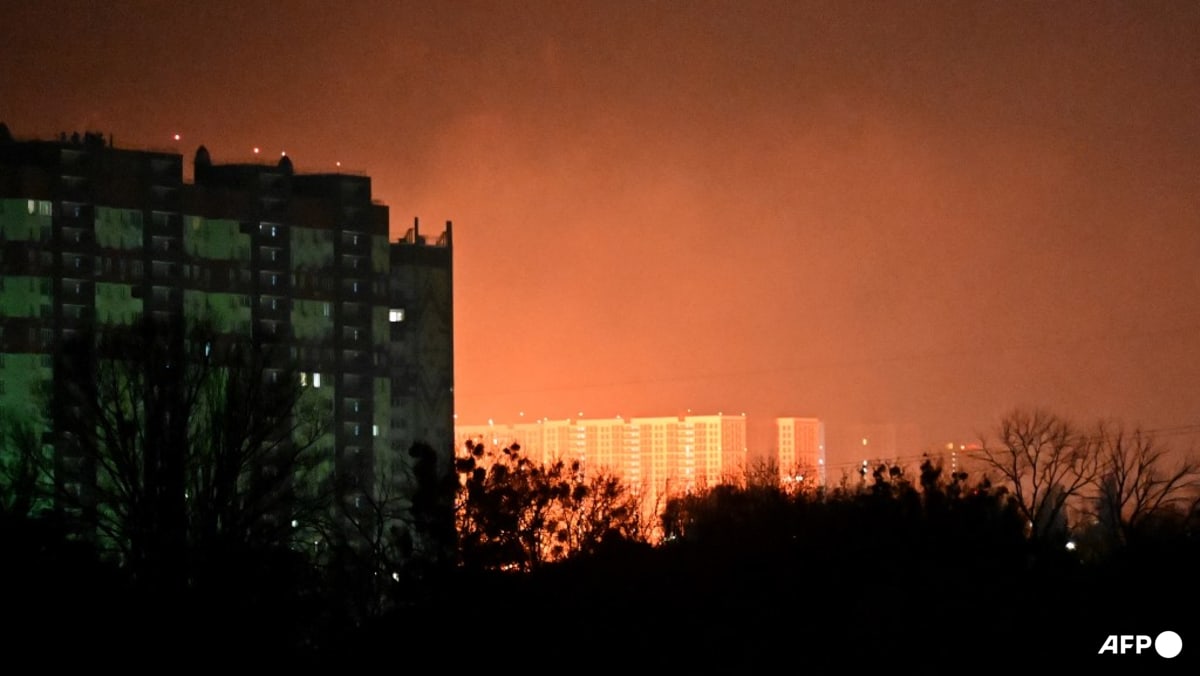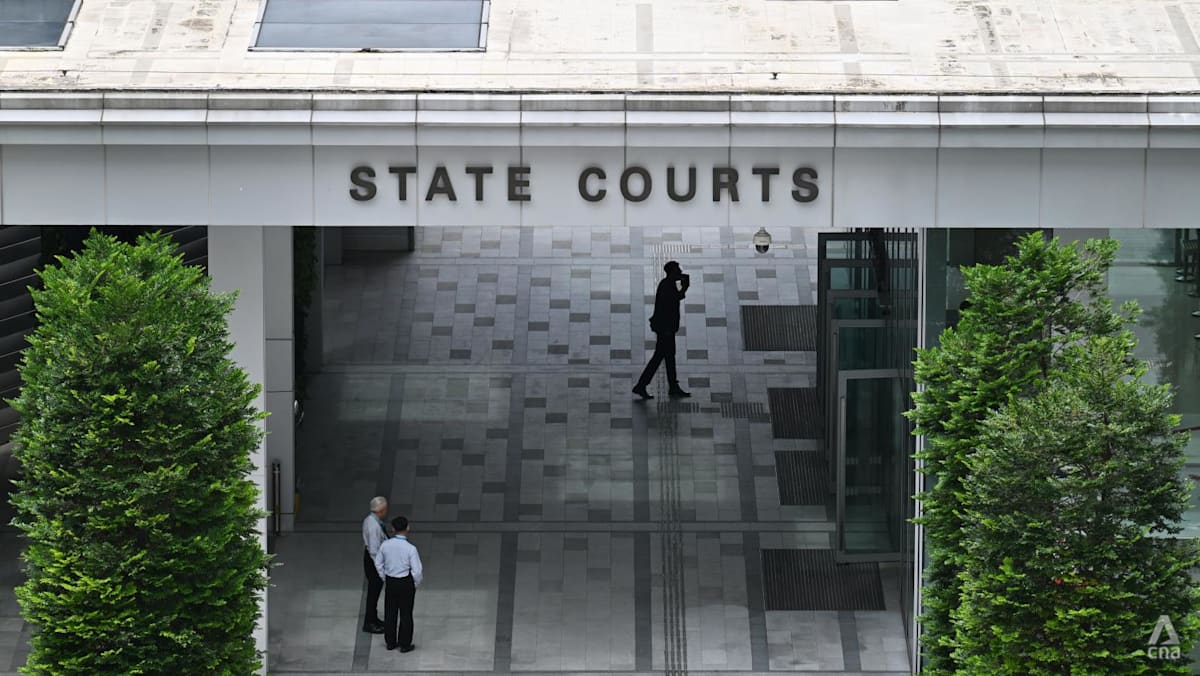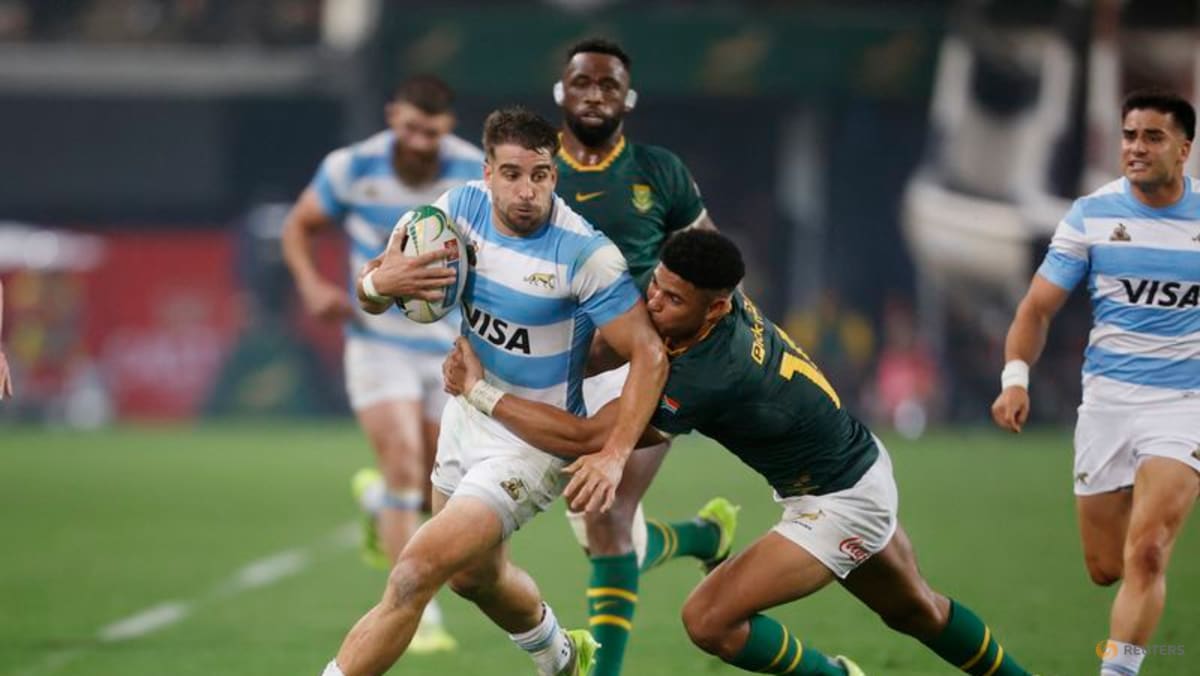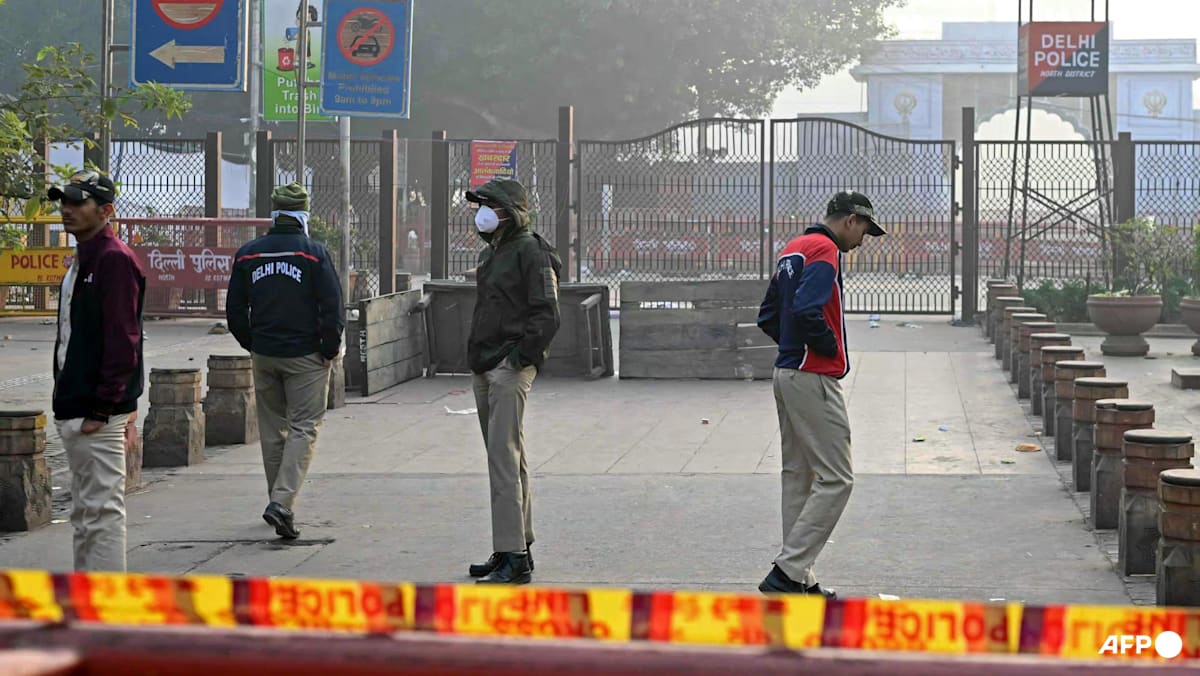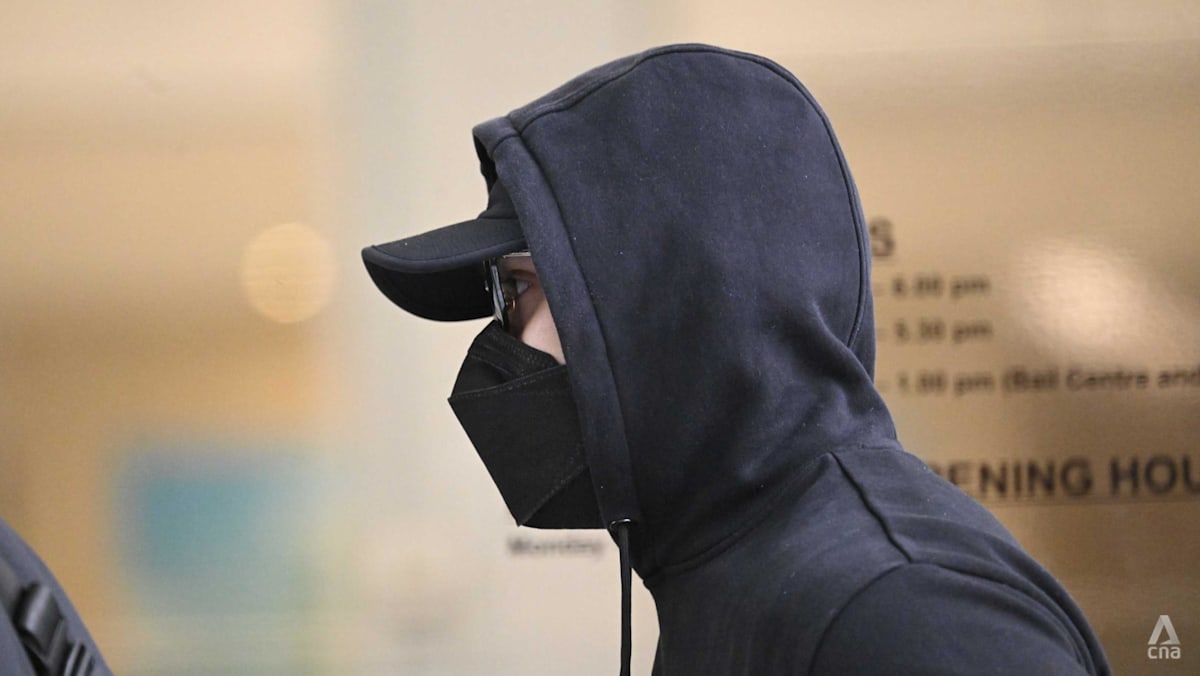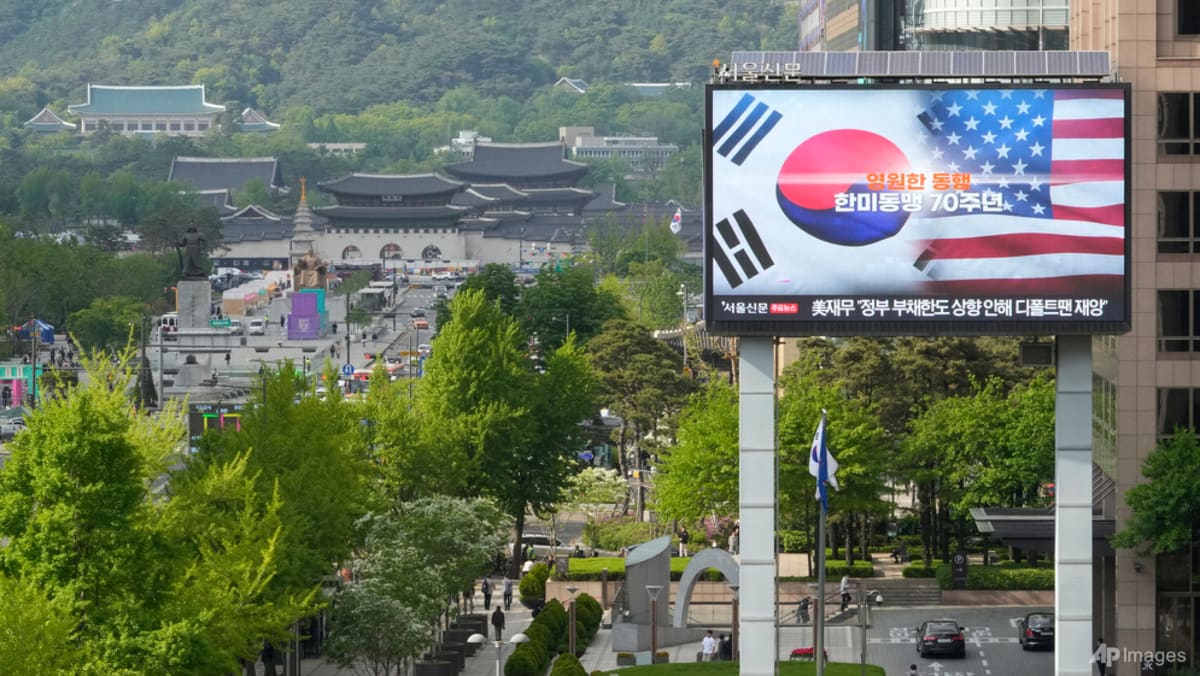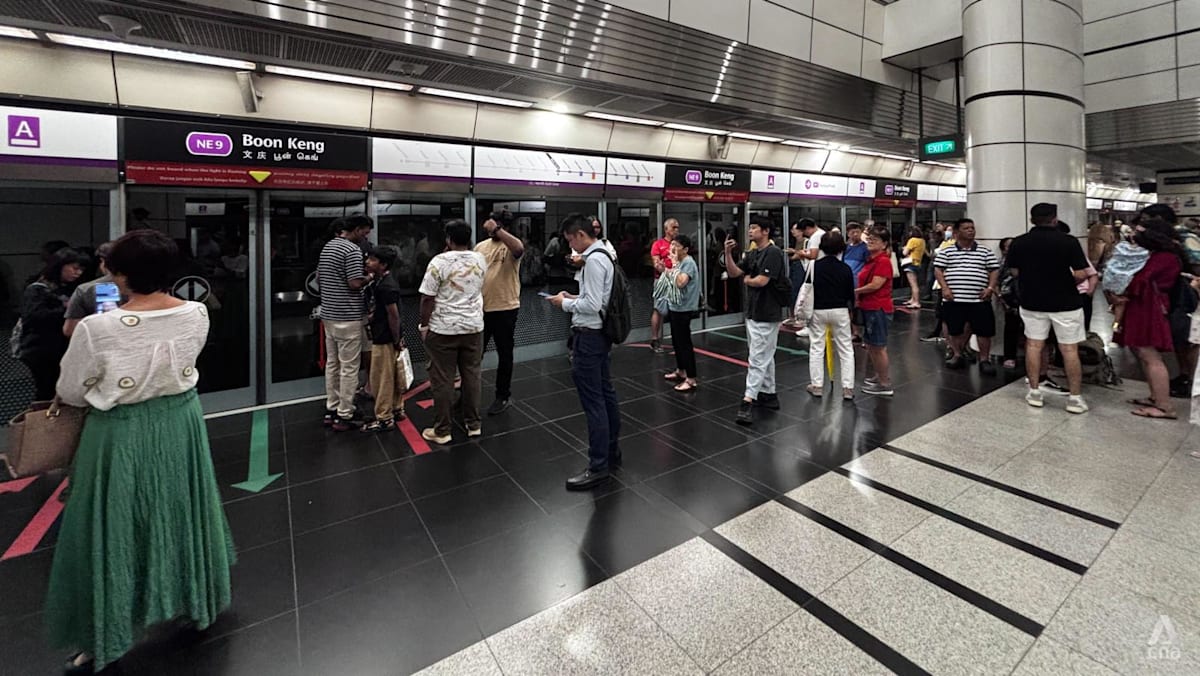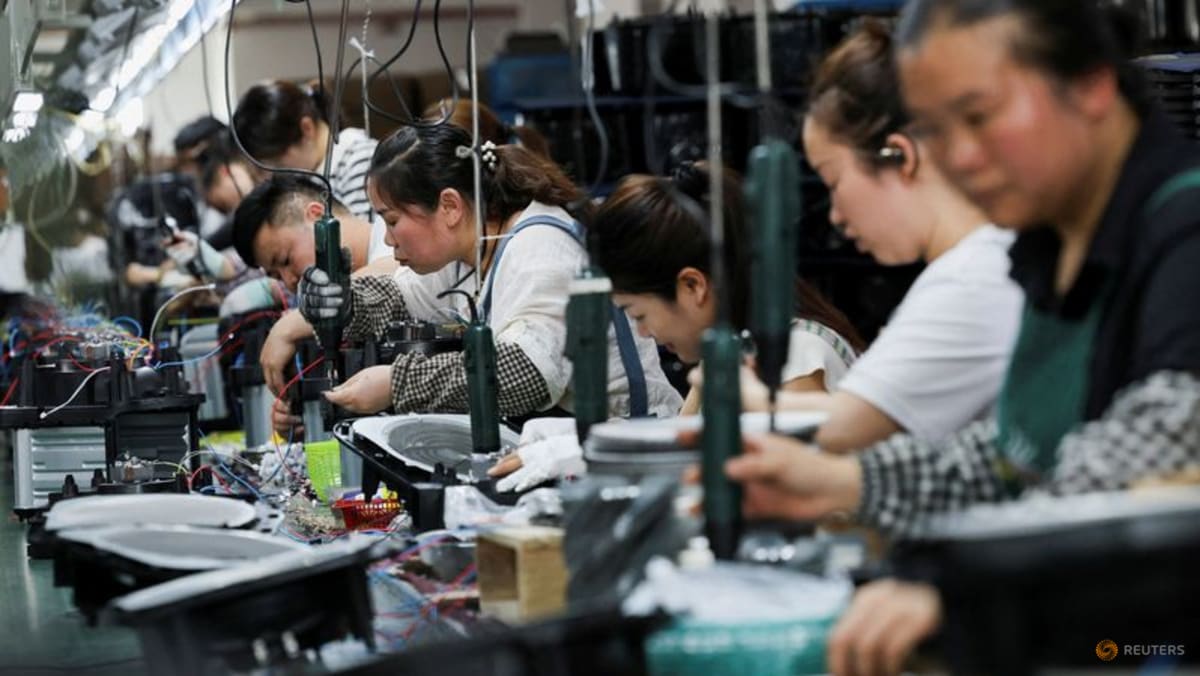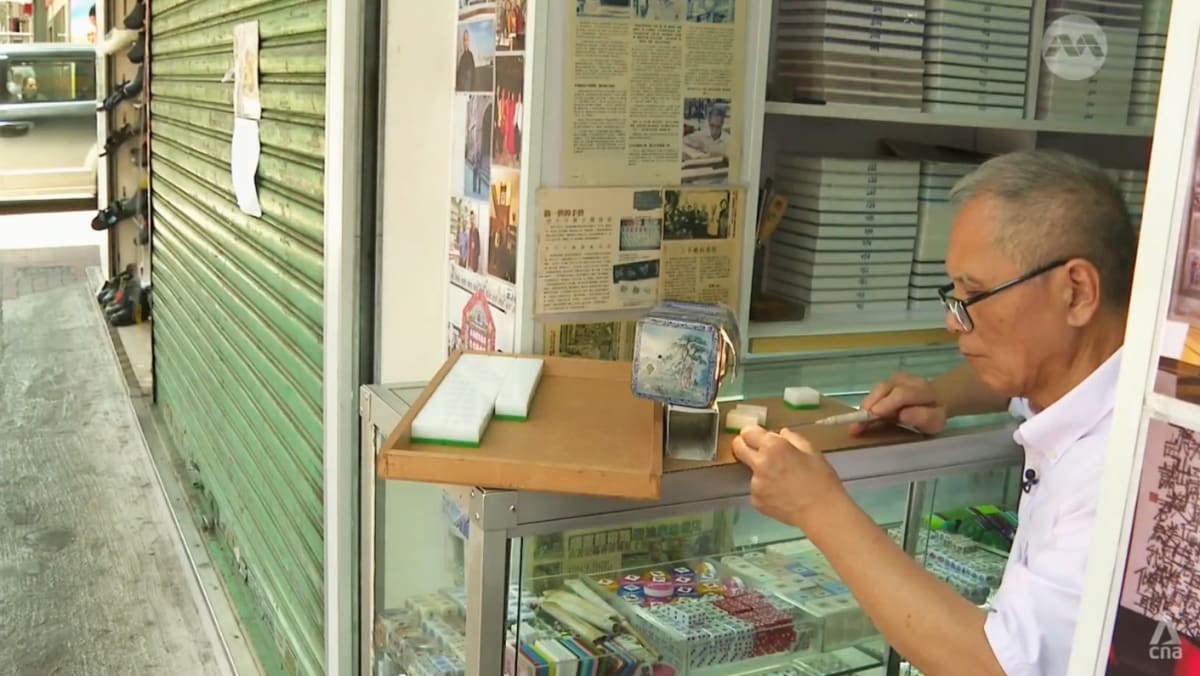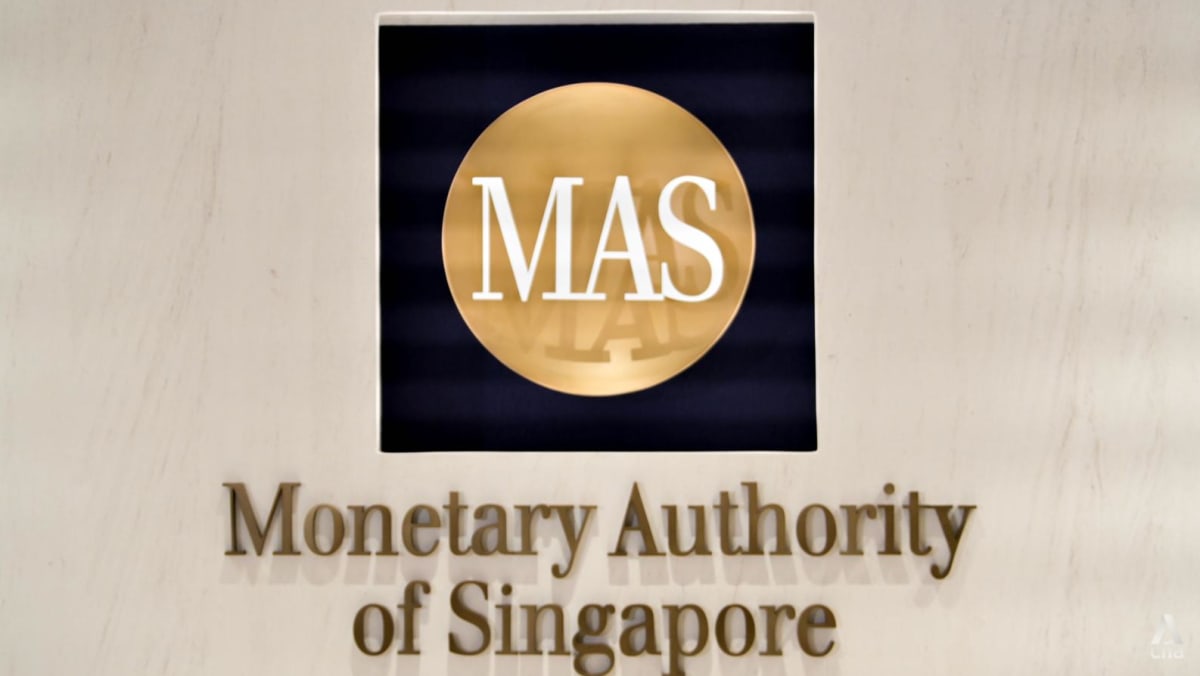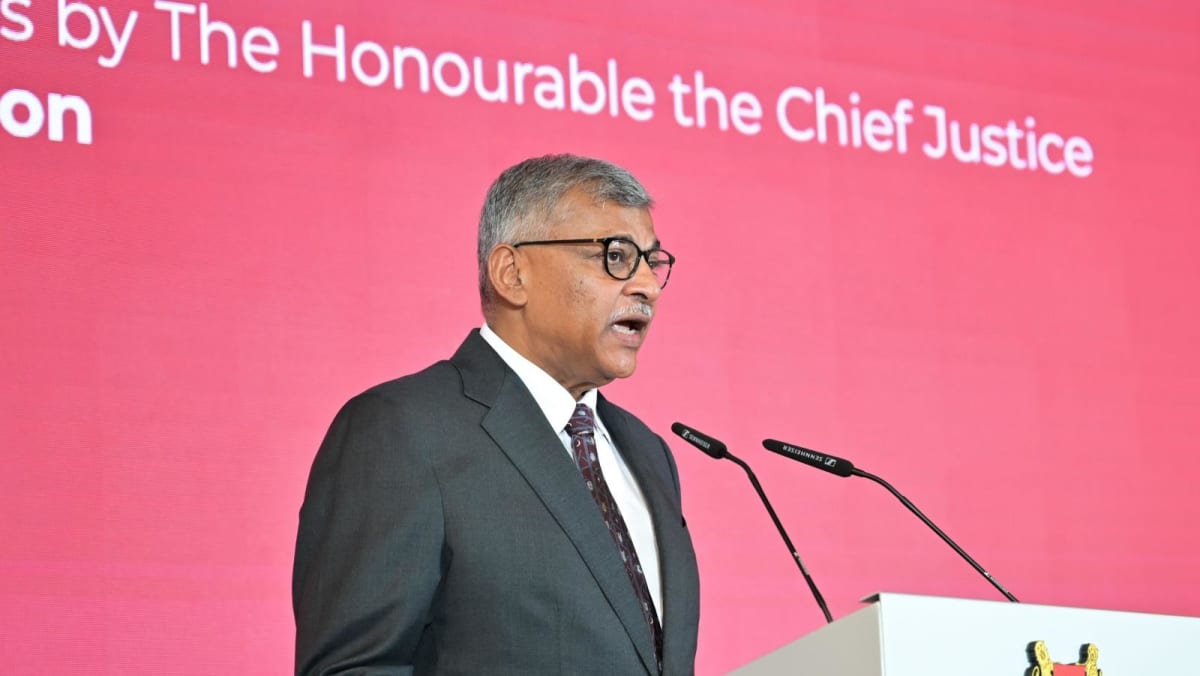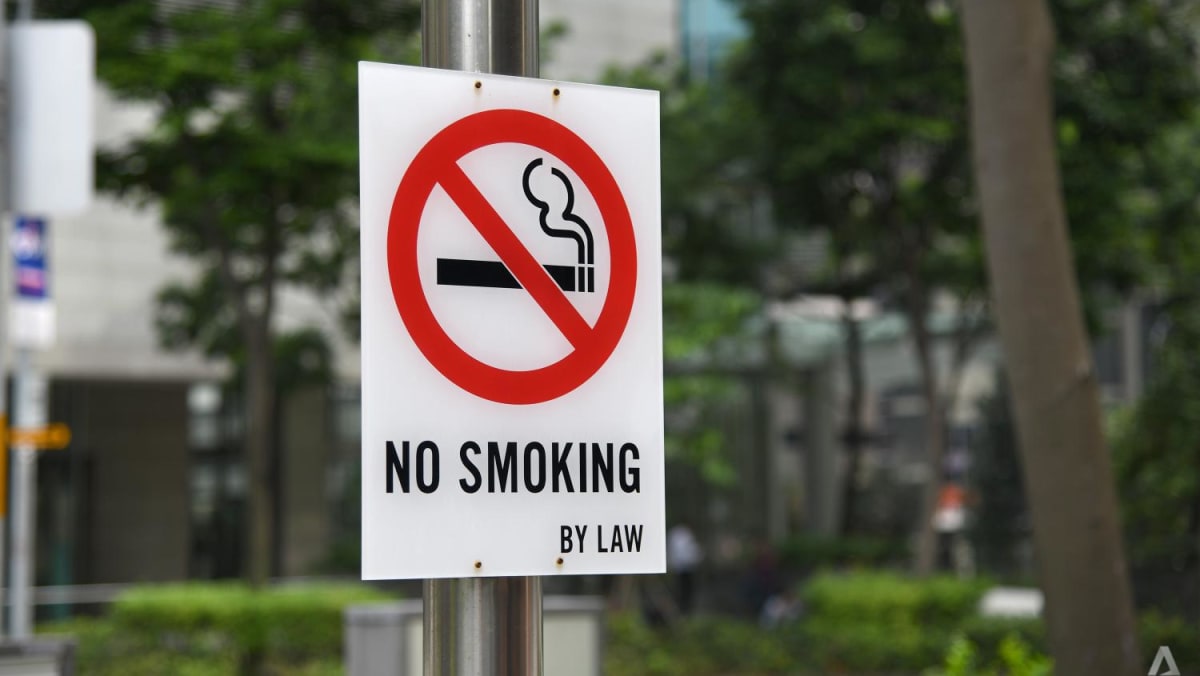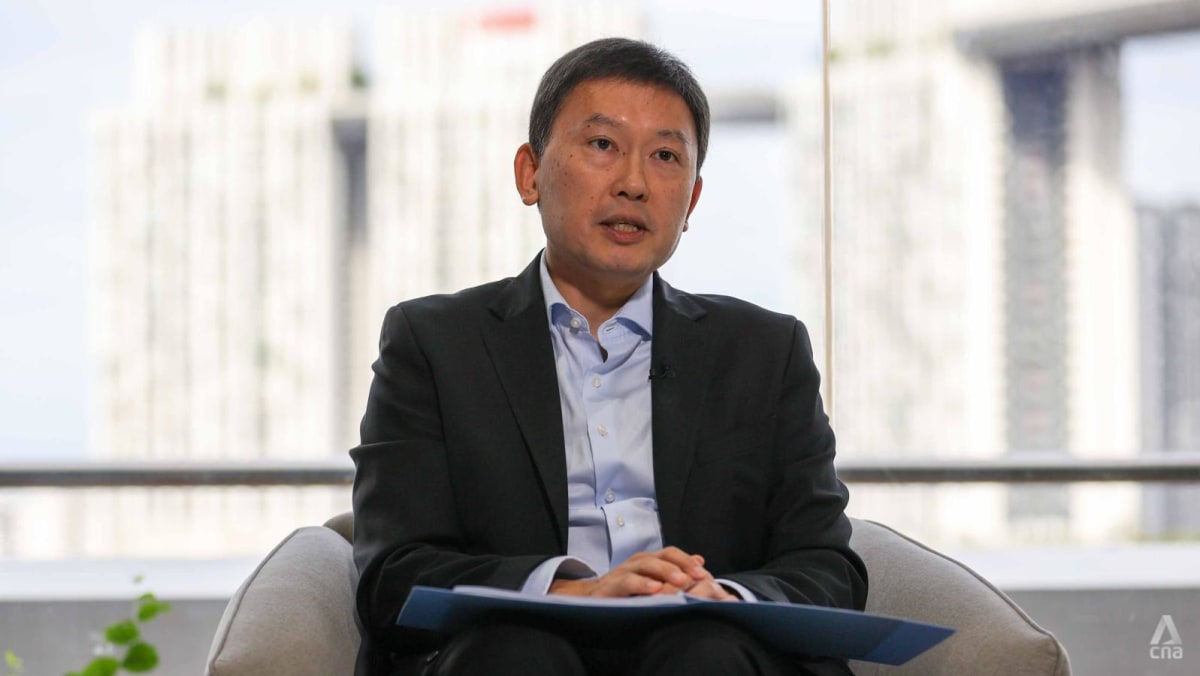SINGAPORE: Property tycoon Ong Beng Seng was fined S$30,000 (US$23,400) on Friday (Aug 15) for abetting former Transport Minister S Iswaran in the obstruction of justice.
Principal District Judge Lee Lit Cheng agreed with the prosecution and defence that judicial mercy was justified and imposed the maximum fine a district court can give, instead of three months' jail.
"The clear and undisputed medical evidence before this court establishes that the accused suffers from advanced multiple myeloma, an incurable cancer of (the plasma cells), and a sentence of imprisonment would carry a high and increased risk of endangering his life," she said.
She said the fine must be paid in full by Friday, and Ong's lawyer proceeded to help him make the payment after the brief hearing, while Ong waited in the dock.
Judicial mercy refers to the discretionary power that Singapore's courts have to impose a sentence that is more lenient than what the circumstances of an offence would otherwise warrant.
This is in recognition of exceptional mitigating circumstances, which in previous cases involved dire medical conditions or where jail would pose a significant risk to the offender's life.
Explaining how she derived her sentence, Judge Lee said a starting sentence of 15 weeks' jail would have been appropriate for Ong. This was because of his lower culpability, as Mr Iswaran was the one who asked Ong to bill him for the Doha trip.
Mr Iswaran had received four months' jail for the corresponding charge of obstructing the course of justice.
JAIL WOULD ENDANGER HIS LIFE: JUDGE
Judge Lee explained how imprisonment would carry a high risk of endangering Ong's life. He has multiple myeloma, an incurable malignant cancer, which has destroyed parts of his skeletal system and left him at risk of infection.
Ong is also immunosuppressed and susceptible to infections, and more prone to unusual and severe infections, with undiagnosed infections or delayed diagnoses carrying a significant chance of complications.
The businessman's risk of infection is also exacerbated by a "non-healing wound" on his right foot, with Ong being at risk of developing an infection of the wound and gangrene.
Permanent foreign bodies in the form of surgically implanted rods and screws to stabilise his spine pose a significant and ongoing infection risk, said the judge.
Because of the extensive damage to his skeletal system, Ong is susceptible to falls. Any trauma or physical injury resulting in a fall could result in "catastrophic consequences", including paralysis, sustained bleeding due to his cancer drugs, and even death, said the judge.
She said the risks would be increased in prison, even if Ong were to be housed in a medical ward, as there would be "unavoidable interactions" with rotating shifts of prison officers and medical staff, with the risk of pathogens.
His fall risk would also be heightened as he would be in an unfamiliar environment.
Judge Lee said she had considered the two overseas trips Ong had taken in the past year and said she was satisfied they do not detract from the severity of his medical condition.
Both journeys were "carefully managed" – on his private jet and with the risks significantly reduced as he was accompanied by familiar crew and medical caregivers, and he had access to his doctors.
His second journey to consult a medical expert in the US demonstrated his medical fragility, said Judge Lee.
"His inability to endure a direct flight necessitated multiple stops along the way. This serves to underscore rather than diminish the gravity of his condition," she said.
Judge Lee added that while the offences Ong committed were "undoubtedly serious" and warrant condemnation, CPIB was ultimately not impeded in its investigations, "as evidenced by the successful prosecution of both Iswaran and the accused".
On top of this, while Ong did agree to Mr Iswaran's request to be billed, he had directed that proper documentation be maintained, with no attempt to conceal the five-month delay in payment.
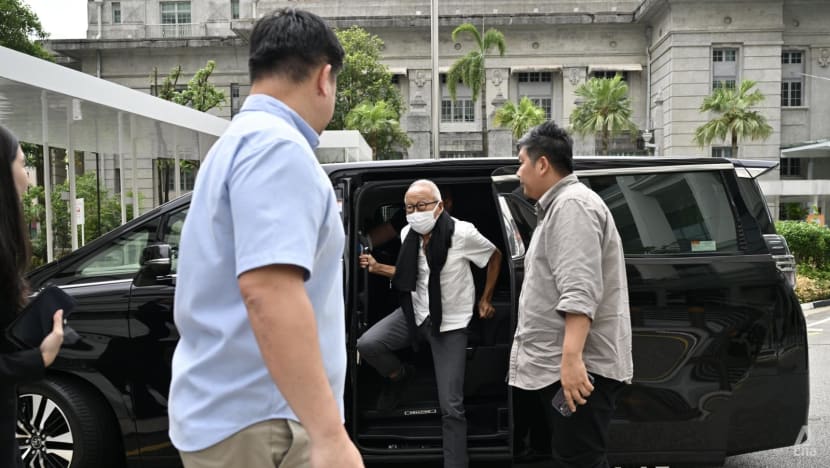 Ong Beng Seng alighting from his car as he arrives at the State Courts for his sentencing on Aug 15, 2025. (Photo: CNA/Jeremy Long)
Ong Beng Seng alighting from his car as he arrives at the State Courts for his sentencing on Aug 15, 2025. (Photo: CNA/Jeremy Long)
WHAT HAPPENED
The 79-year-old Malaysian businessman, credited with bringing Formula 1 night racing to Singapore, had pleaded guilty last week. He admitted to arranging to bill Mr Iswaran belatedly for a sum of S$5,700 to Singapore GP for a business class flight ticket from Doha to Singapore.
This payment was made months after the flight and only after the Corrupt Practices Investigation Bureau (CPIB) discovered Mr Iswaran's name on the manifest for an outbound flight to Doha when investigating a separate case.
A second charge for instigating Mr Iswaran to obtain flights and a hotel stay from him, when Ong had business dealings linked with Mr Iswaran's official functions, was considered in sentencing.
Ong had asked Mr Iswaran to join him on a trip to Qatar on his private jet as a guest, with all expenses taken care of.
Mr Iswaran accepted and applied for urgent personal leave to go. He went to Doha, Qatar's capital, in Ong's private jet in December 2022 and checked into the Four Seasons Hotel for one night before flying back to Singapore on a business class ticket that cost S$5,700.
Singapore GP - which Ong was the majority shareholder of - paid for the hotel stay and return flight to Singapore.
When Ong learnt in May 2023 that CPIB had seized the flight manifest containing details of the Doha trip and questioned his associates about it, he told Mr Iswaran about it over a phone call.
Mr Iswaran then asked Ong to have Singapore GP bill him for the expenses related to the Doha trip, including his return flight. Ong agreed and asked a director of Singapore GP to arrange this.
Mr Iswaran then issued a cheque for S$5,700 to Singapore GP.
JUDICIAL MERCY
At the previous hearing, Ong's defence team, led by Senior Counsel Cavinder Bull from Drew & Napier, had called for judicial mercy to be exercised in this case on account of Ong's multiple, severe medical conditions.
Mr Bull said Ong had a rare form of blood cancer known as advanced multiple myeloma, which has destroyed parts of bone in his spine. His condition and treatment have compromised his immune system, making him vulnerable to life-threatening infections.
The cancer has also damaged his skeletal system and affected his balance, making him very susceptible to life-threatening falls, said Mr Bull.
He argued for a "stiff" fine without specifying a figure, saying prison would expose Ong to potential infections that could kill him.
The prosecution, led by Deputy Chief Prosecutor Christopher Ong, who is also senior counsel, said there was a basis for the court to exercise judicial mercy given Ong's medical conditions.
They sought the maximum fine instead. There is no maximum fine specified in Ong's charge sheet for the specific offence of abetting obstruction of justice, but the State Courts can impose a fine of up to S$30,000.
Had it not been for Ong's serious medical conditions, the prosecution said eight weeks' jail would have been appropriate for Ong.
Mr Iswaran's total sentence was 12 months for a total of five charges, with another 30 charges taken into consideration. He has since been released on remission after completing home detention.
.jpg?itok=kWvhibKo) Ong Beng Seng arrives at the State Courts for his sentencing on Aug 15, 2025. (Photo: CNA/Jeremy Long)
Ong Beng Seng arrives at the State Courts for his sentencing on Aug 15, 2025. (Photo: CNA/Jeremy Long)
CONTRIBUTIONS A "NEUTRAL FACTOR"
Ong's defence lawyer had urged the court to consider the billionaire's contributions to Singapore.
Judge Lee noted a finding by Chief Justice Sundaresh Menon that it was not the role of the sentencing court "to adjudicate or pass judgment on moral worth, nor is the court well equipped to do so".
Instead, the court looks at a far narrower scope of the "blameworthiness" of the offender in the offence he has committed.
She said that while Ong's contributions were significant, they are "at best a neutral factor" in this case, adding that these contributions did not provide any basis to reduce the sentence.







